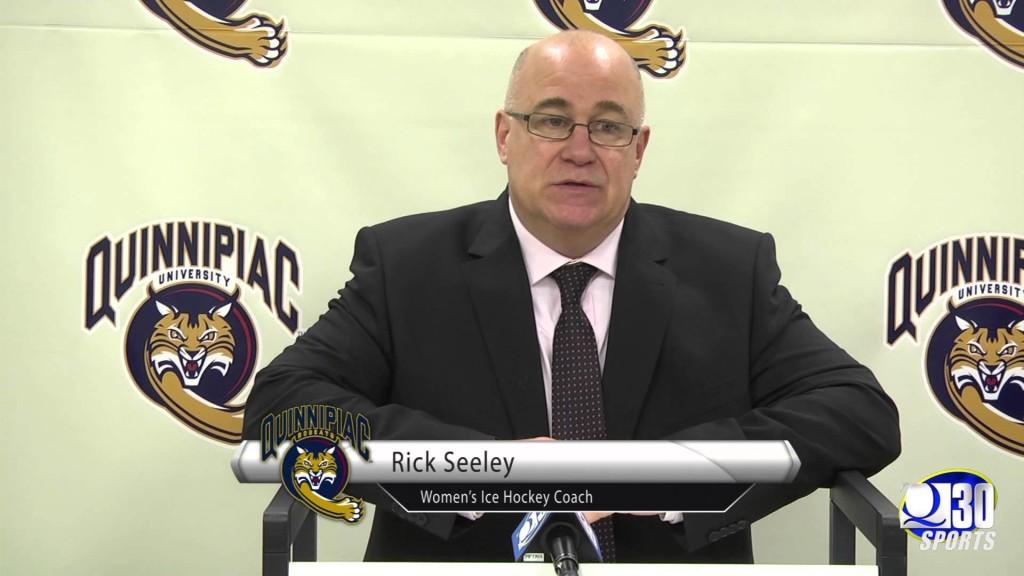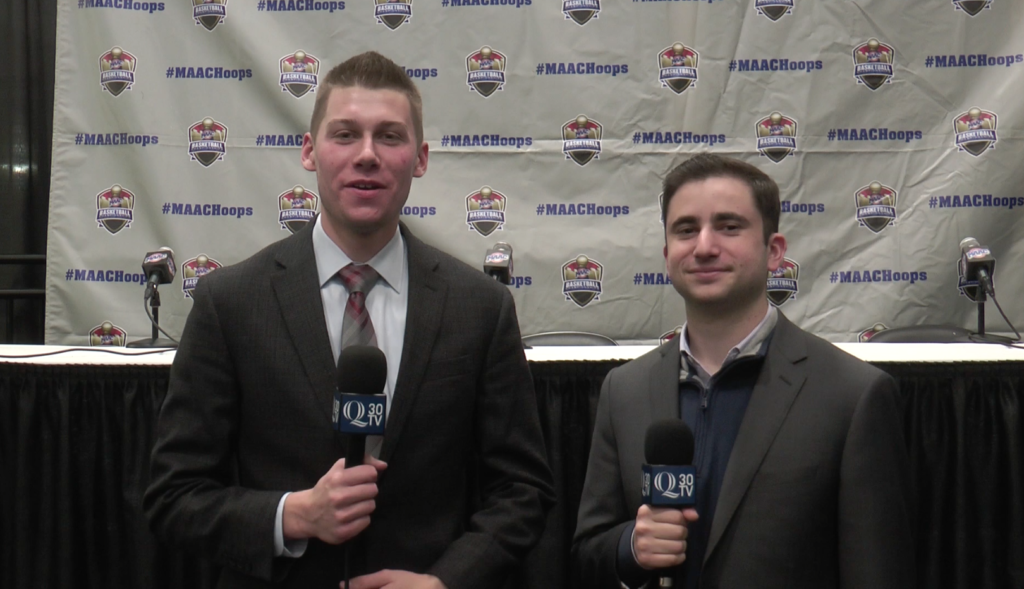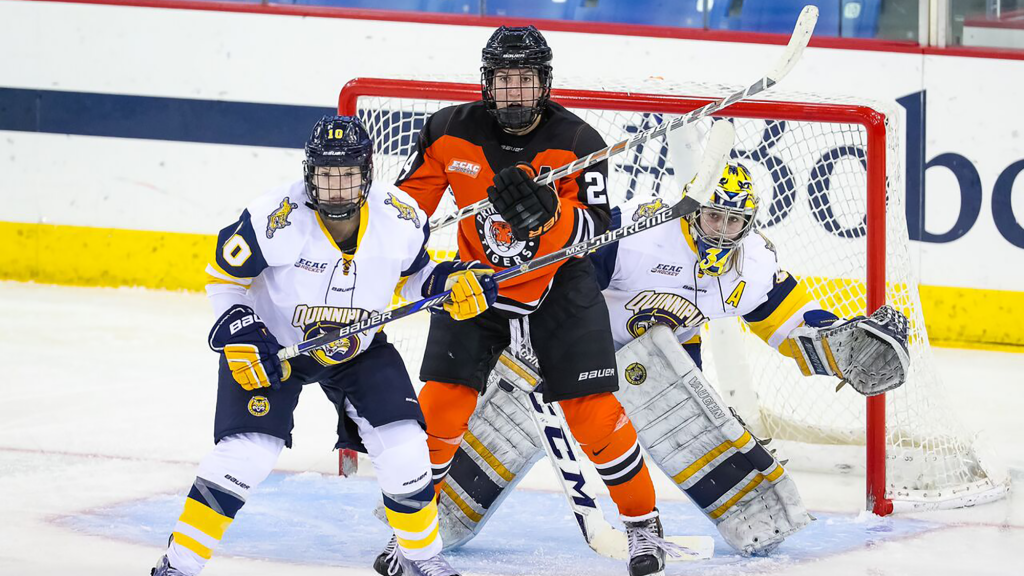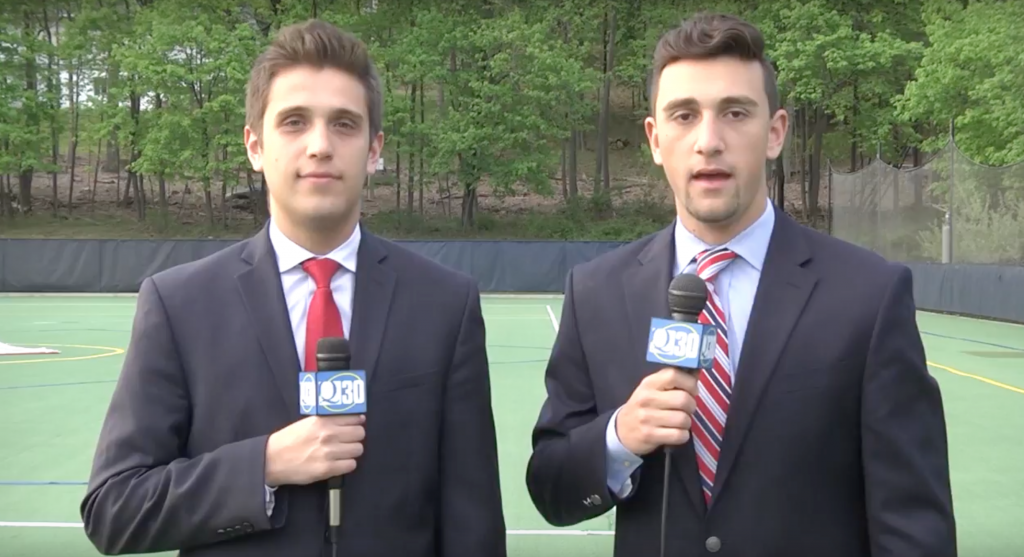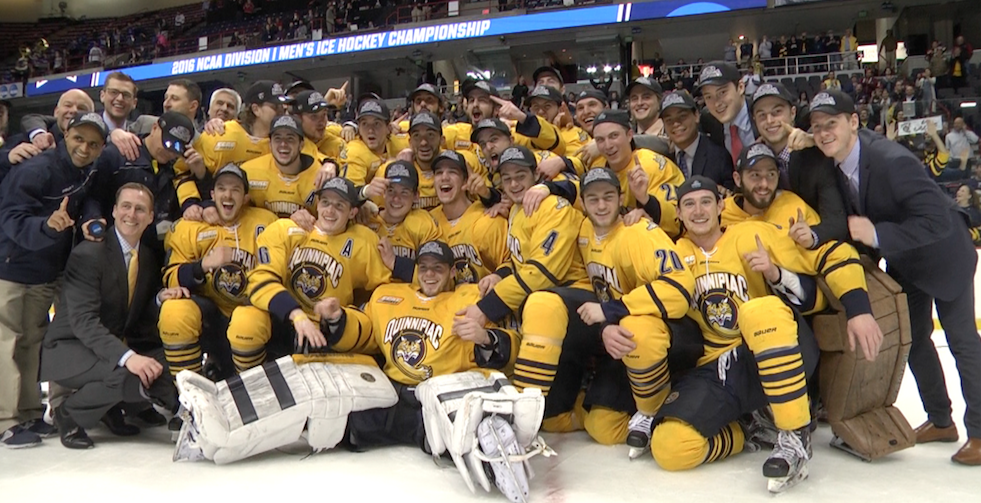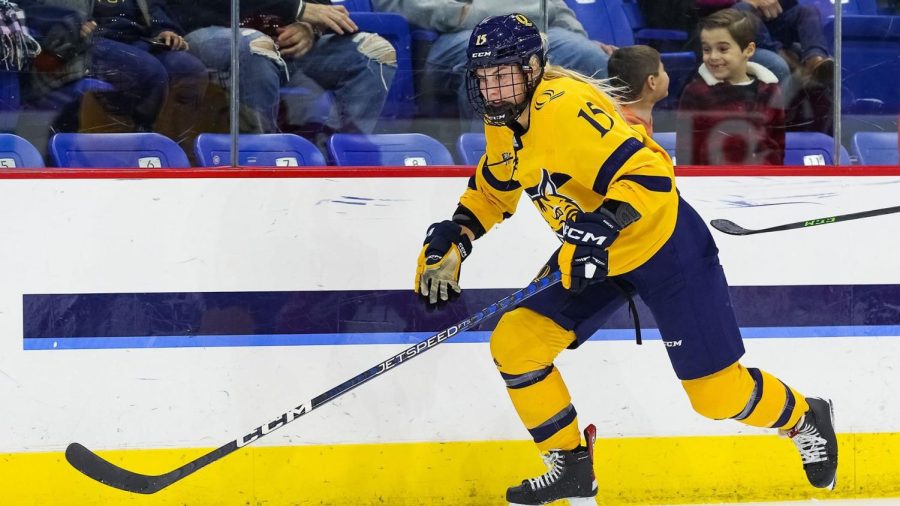By Morey Hershgordon
Former Quinnipiac University women’s ice hockey head coach Rick Seeley has filed suit against the school according to court records.
Seeley filed one lawsuit in mid-September, stating two claims.
According to the suit, the first claim was against the university for breach of contract, breach of covenant of good faith and fair dealing and negligence.
In February, Seeley and Quinnipiac agreed to a five-year contract extension according to the suit. Seeley was scheduled to make an annual salary of $165,000 with possible fluctuation. In addition, Seeley was eligible for a monthly $900 car allowance and an optional summer youth hockey camp in which he could make up to $11,500 per season.
Then in April, just three weeks after the conclusion of the season, the school announced Seeley had resigned from his position, the suit says.
The suit states Seeley said the university approached him around April 8th about allegations of yelling at a player and grabbing her helmet chin strap during a game. Seeley said in the suit he denied “any wrongdoing or that his conduct at the time of the incident in question varied in any significant way from his coaching conduct at any time during his several previous years of employment with Quinnipiac.”
Despite his negation, the suit states Seeley was fired the next day, without any proper investigation taking place.
Seeley served as the head coach from 2008 to 2015 and is the longest-tenured and most successful coach in the program’s history. He registered 278 career wins and led the team to its first NCAA Tournament appearance in the 2014-2015 season.
Seeley also filed character defamation charges against David Bills. The suit states Bills’ presented false handwritten notes detailing alleged abuses to Q30 Sports. Bills’ daughter played for Seeley at Clarkson University during the 2003-2004 season.
The suit states Bills knew the claims he presented had already been previously investigated, dismissed, and unfounded by Clarkson.
The university declined to comment due to pending legal matters.


